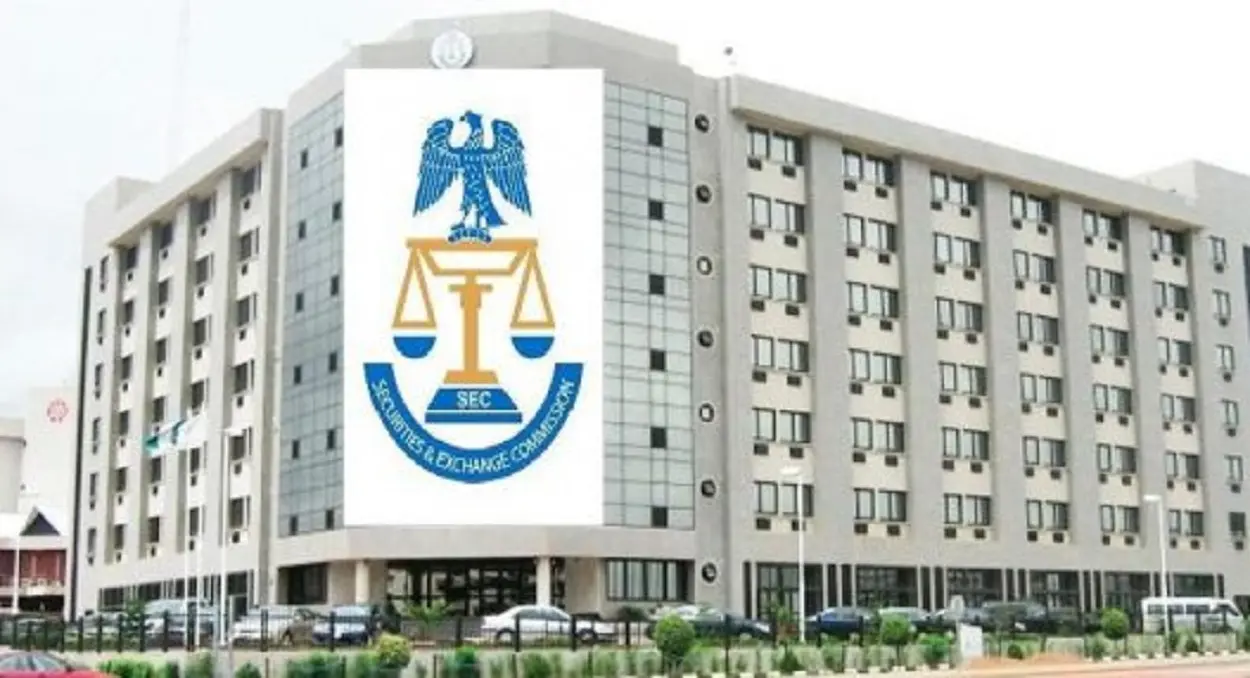The Securities and Exchange Commission has affirmed its stance against the inflow of illegal funds into the capital market through the fresh banking recapitalisation exercise.
This disclosure was made by the Executive Director (Operations) of the commission, Dayo Obisan, on Thursday at a symposium organised by the Association of Capital Market Academics of Nigeria, with the theme ‘Banking Sector Recapitalisation Implications for the Nigerian Capital Market’, according to The Punch.
Obisan stated that the Commission has a favourable viewpoint on the recapitalisation of the banking sector and is anxious to cooperate with stakeholders to achieve a smooth procedure.
He said, “For us at the SEC, it is all positive. The journey has already started. So, beyond the announcement, there are a lot of things that have been happening behind the curtains and will keep happening so that we have a successful and flawless recapitalisation exercise that would be borne of experience, towards a more favourable and positive environment.
“We will continue to learn from some of the things we didn’t do too well and from some of the things we did relatively okay some of the things we can improve on, and some of the things we shouldn’t go near at all.
“I liked some of the things that the chairman of the Senate Committee on Capital Market touched on earlier about having clean money or verifiable money in the system. So, we don’t have laundered money that we will all have to be running around later to cure. That forms part of the things we are looking at at the SEC, which forms part of the considerations for fund verification exercise to the fore.”
In addition, He said that it was willing to cooperate with other regulators to ensure that illicit funds do not enter the capital market, although fund verification would normally not fall within its remit.
“Ordinarily, capital verification can be done by the CBN itself, and in some extreme cases, the NFIU, and you have other things that apply that depend on other institutions like the CAC.
“If you keep having this, I think it makes more sense for you to start engaging those institutions because their outputs form our input in making fair decisions, in approving and disapproving applications.
“We have even started and announced at the CMC earlier today. We have started some regulatory engagements, and we will soon take them to the market so that the quality of filing, and the dependencies in terms of the requirements of such filings would be known, and predictably determined by other institutions so that we can have a relatively smoother, faster process, so that the concerns that the distinguished senator had mentioned and some of the practices that some of us worry about in the market are taken care of right from the application stage,” he stressed.
In his opening remark, the Chairman of the Senate Committee on Capital Market, Osita Izunaso, had raised concerns about illicit funds.
He said the Senate would be open to working with stakeholders, to address industry’s concerns.
However, the President of the Chartered Institute of Stockbrokers, Oluwole Adeosun, said the new capitalisation exercise can be supported by the capital markets.
He said, “The market is able and has expanded in the last ten years to be able to withstand any challenges with this capital raising exercise. It is important to know that investors have started to position themselves in the stocks of Tier 1 banks with the announcement of the planned recapitalisation last year.”
The Central Bank of Nigeria announced an upward revision of the minimum capital requirement for banks in the country at the end of March.
The apex bank had set a minimum capital of N500bn, N200bn, and N50bn for commercial banks with international, national, and regional licenses, respectively.










